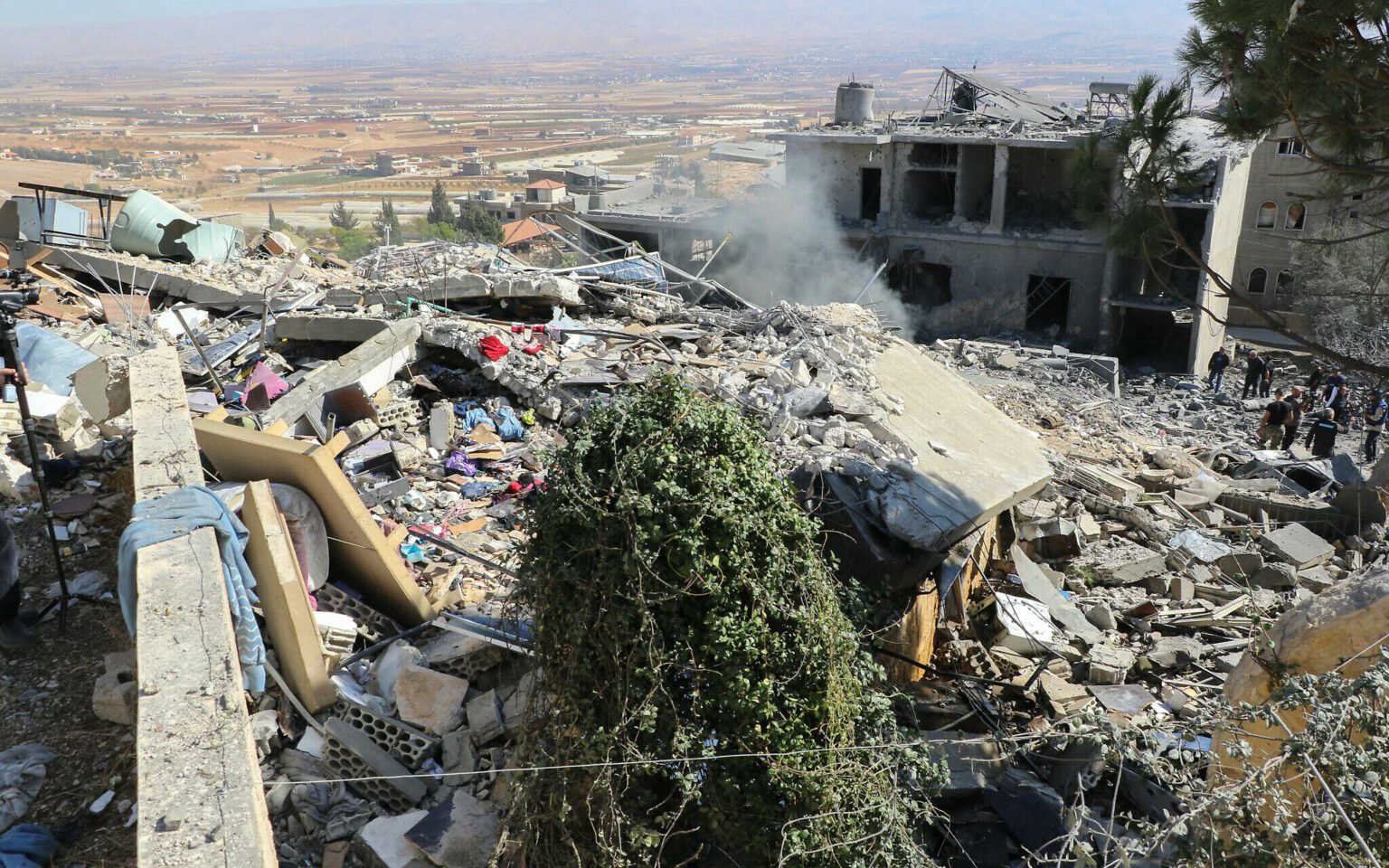Lebanon’s Health Ministry reported that Israeli airstrikes in Baalbek, an area in the eastern Bekaa Valley, claimed the lives of at least 60 people on October 28. The strikes heavily impacted areas under Hezbollah’s control, with extensive destruction and ongoing rescue efforts highlighting the severity of the incident. Alongside the fatalities, 58 others were reported injured, many critically, as search and rescue teams continued to operate under challenging conditions.
The health ministry’s data reveals that the casualties are spread across 12 different sites within the Bekaa Valley, with Al-Alaq, a district to the west of Baalbek, being one of the hardest-hit locations, recording at least 16 deaths. This tragic incident marks one of the most violent escalations in recent times between Israeli forces and Hezbollah.
The increasing toll of this conflict has drawn international concern. Various nations and organizations have voiced apprehensions over Israel’s recent legislative actions, notably the passing of a bill that prevents the United Nations Relief and Works Agency (UNRWA) from operating within Israel and occupied East Jerusalem. This move, seen by many as restrictive for Palestinian refugees, has sparked criticism from humanitarian groups and world leaders alike. They argue that this legislation exacerbates the humanitarian crisis in the region and adds further strain to the already fragile situation in areas affected by ongoing hostilities.
As the situation unfolds, calls for de-escalation have intensified. The international community urges restraint from both parties to avoid further loss of life and to address the dire humanitarian needs arising from the ongoing violence.


